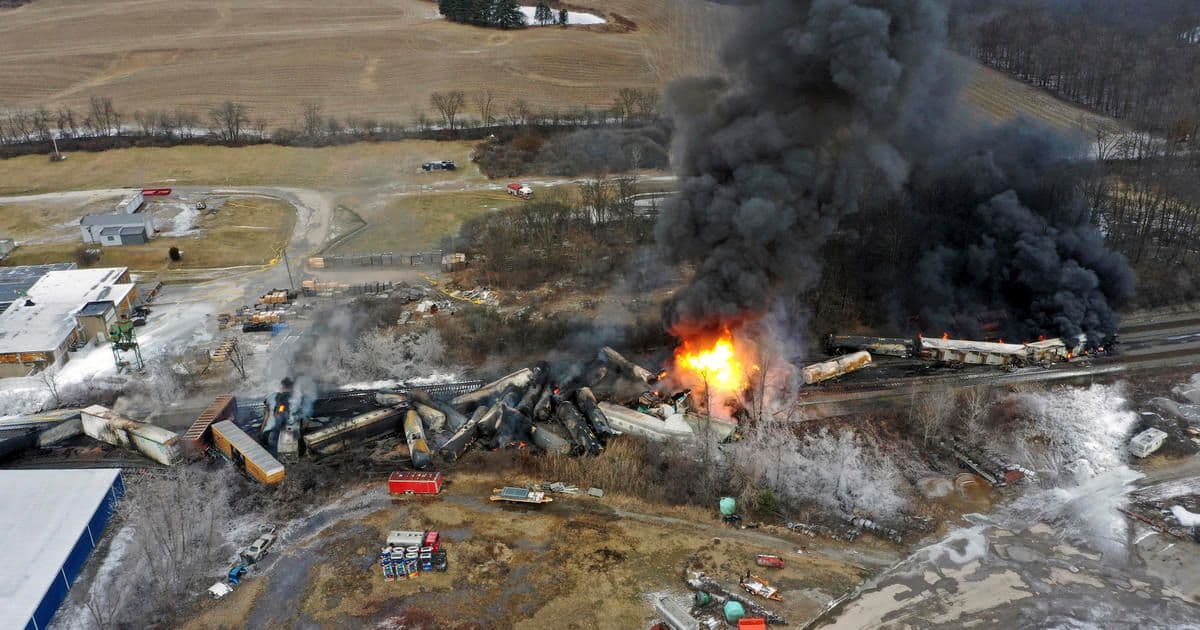
Crisis Response

Dr. Kevin Schaller
Managing Partner
Summary
Learn about the fundamentals of responding effectively to crisis situations.
Introduction
In an ever-changing world, crises are inevitable. From natural disasters and pandemics to cybersecurity breaches and supply chain disruptions, organizations face challenges that can disrupt operations, tarnish reputations, and threaten long-term sustainability. Effective crisis response is not just about reacting when things go wrong—it's about building resilience, adapting quickly, and emerging stronger.
Body
The cornerstone of any successful crisis response strategy is preparation. Organizations that invest time and resources into developing a robust crisis management plan are better equipped to navigate unexpected disruptions. This means identifying potential risks, establishing clear communication protocols, and training key personnel to respond effectively under pressure. Preparedness isn't a one-time effort—it's a continuous process of evaluation and improvement that keeps organizations agile in the face of uncertainty.

Another critical component of crisis response is communication. During a crisis, timely and transparent communication can mean the difference between chaos and control. Stakeholders—whether employees, customers, or partners—need to know what is happening, what steps are being taken, and how they may be impacted. A unified message delivered through trusted channels can help manage expectations, mitigate panic, and maintain trust.
Equally important is the ability to adapt. Crises rarely unfold as planned, and the ability to pivot and make informed decisions on the fly is essential. Organizations must embrace flexibility and empower their teams to act decisively. Leveraging data, technology, and collaborative decision-making processes can provide the clarity needed to navigate complex situations.
Conclusion
Ultimately, crisis response is about more than just surviving the immediate challenge—it's about learning and growing. Post-crisis evaluations are invaluable for identifying what worked, what didn’t, and how to improve. By fostering a culture of resilience and continuous learning, organizations can turn crises into opportunities for innovation and growth.
In an unpredictable world, no organization is immune to crises. However, with preparation, effective communication, adaptability, and a commitment to learning, businesses and communities can weather the storm and emerge stronger than before. Crisis response isn't just a necessity—it's a strategic advantage.




